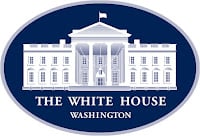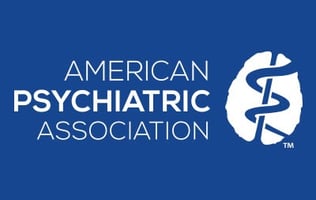Biden Announces End of COVID Public Health Emergency in May

The Biden administration announced this week that the COVID-19 Public Health Emergency (PHE), first issued in March 2020, will end on May 11.
The PHE waived a host of restrictions on the use of telehealth to help patients receive services, including mental health services, without leaving their homes. With the end of the emergency, those waivers will be lifted, and several pre-pandemic regulations will be back in effect. These include the following:
- With very few exceptions, health care professionals registered with the Drug Enforcement Administration (DEA) will be required to have had an in-person visit with a patient in order to prescribe controlled substances.
- Health care professionals will be required to have a DEA registration in any state in which they are prescribing controlled substances.
- Health care professionals will be required to use HIPAA-compliant messaging software for telehealth; under the PHE, physicians and other health care professionals may use popular technology, such as Skype and FaceTime, to conduct telehealth sessions.
Importantly, some states and health care plans—recognizing that telehealth has now become a permanent feature of health care—may continue certain flexibilities and coverage; commercial and Medicaid payers may vary widely in their telehealth policies. APA members are urged to contact the APA Practice Management Helpline, their APA district branch, state medical board, or other trusted resource for information about the status of coverage for their patients.
Additionally, the Consolidated Appropriations Act of 2023 (HR 2617), the federal spending bill signed by President Joe Biden in late December, extends some telehealth flexibilities for physicians treating Medicare patients: Any in-person requirements for billing Medicare are suspended through at least the end of 2024. Audio-only visits are a permanently allowable telehealth modality in Medicare.
The PHE was set to expire on April 11, and Republicans in the House of Representatives had submitted two pieces of legislation calling for an immediate end to the emergency. In a statement from the White House Office of Management and Budget on Monday, the administration extended the date of the expiration to May 11 saying an immediate end to the PHE would “would create wide-ranging chaos and uncertainty throughout the health care system—for states, for hospitals and doctors’ offices, and, most importantly, for tens of millions of Americans.”
For more information, see “Comparison of Telehealth Provisions During the Public Health Emergency and After the Public Health Emergency” on the APA website. APA is now working on updating the site now that the end date of the PHE has been announced.
Don't miss out! To learn about newly posted articles in Psychiatric News, please sign up here.






